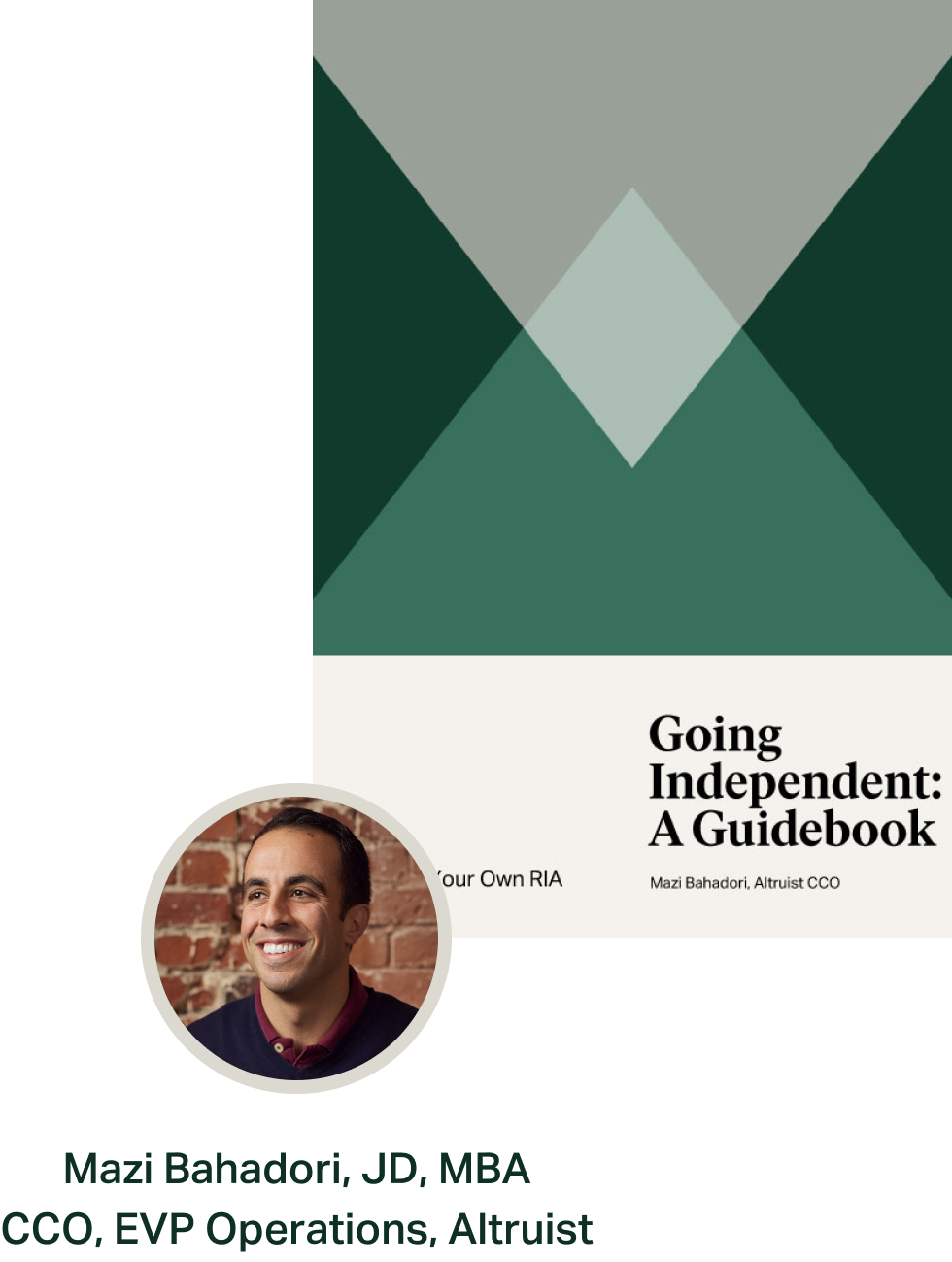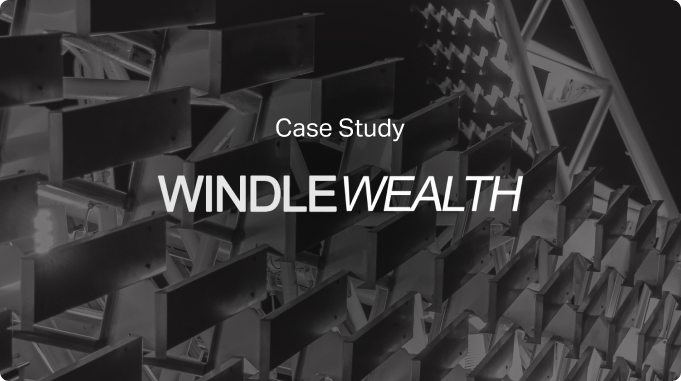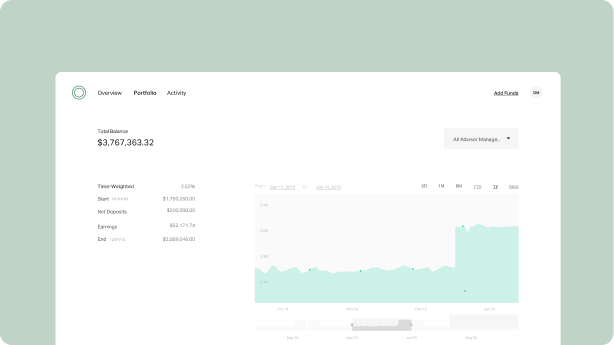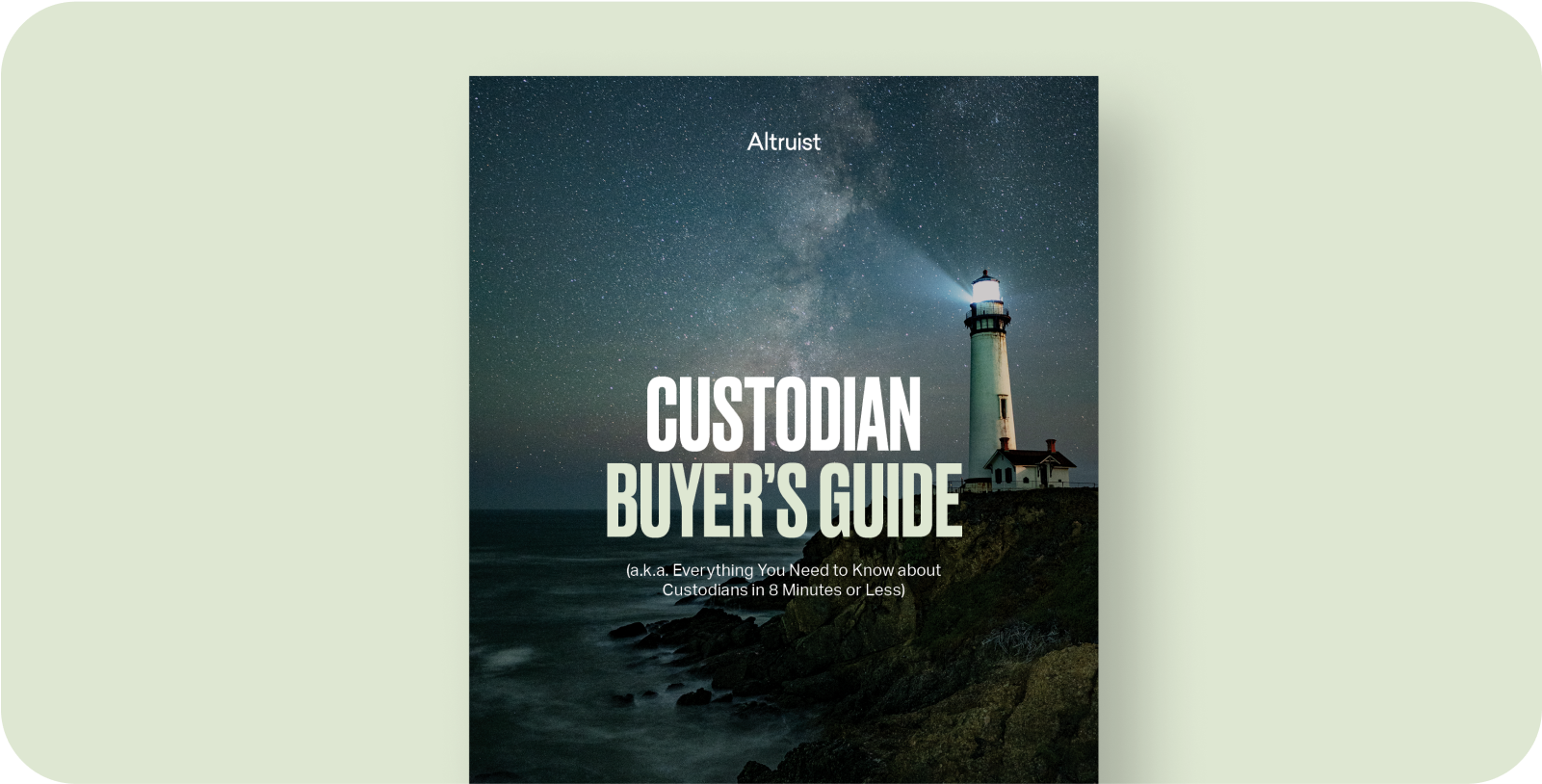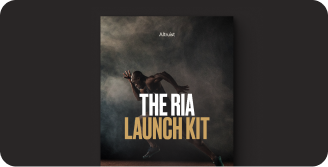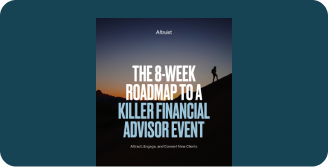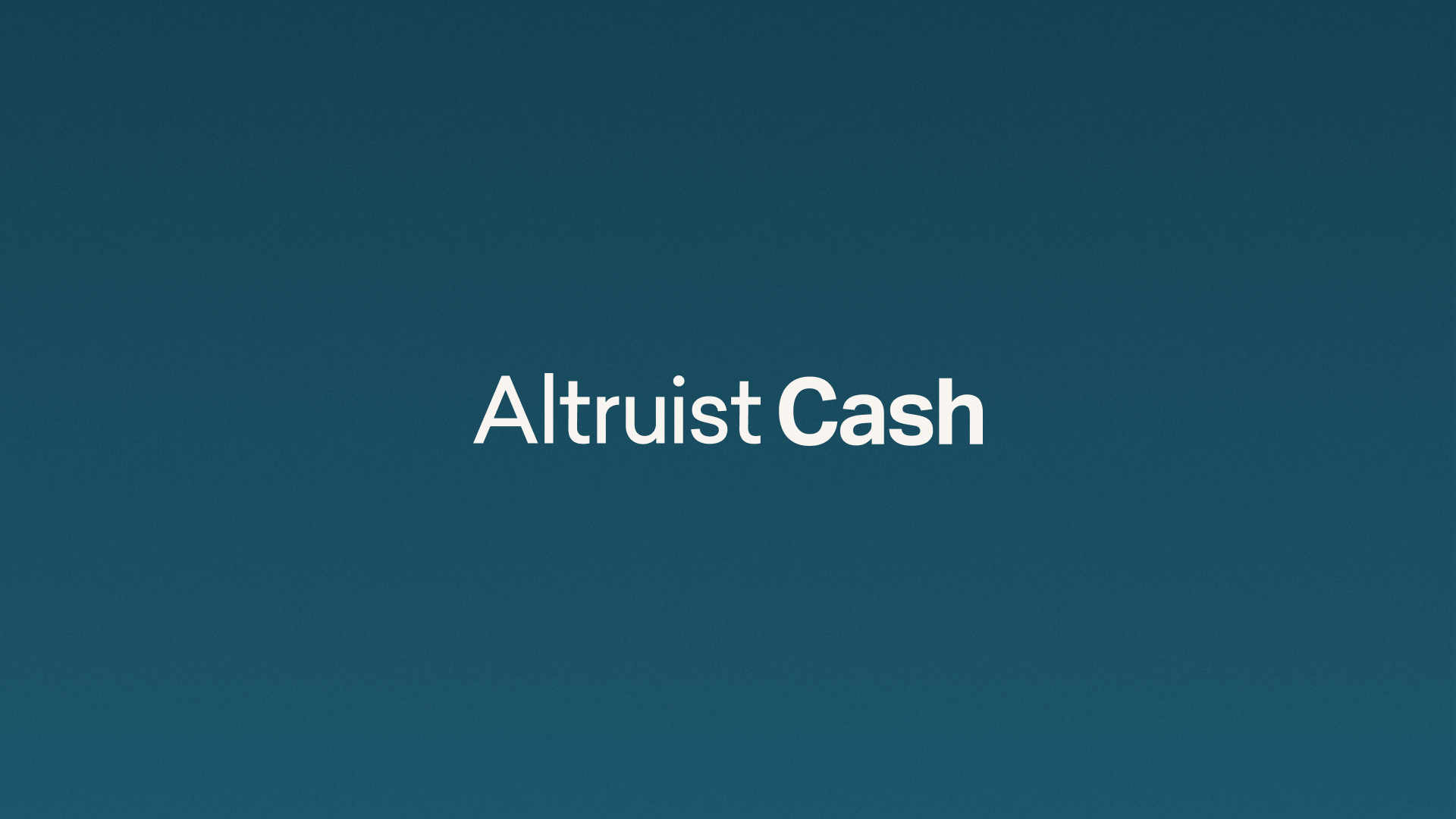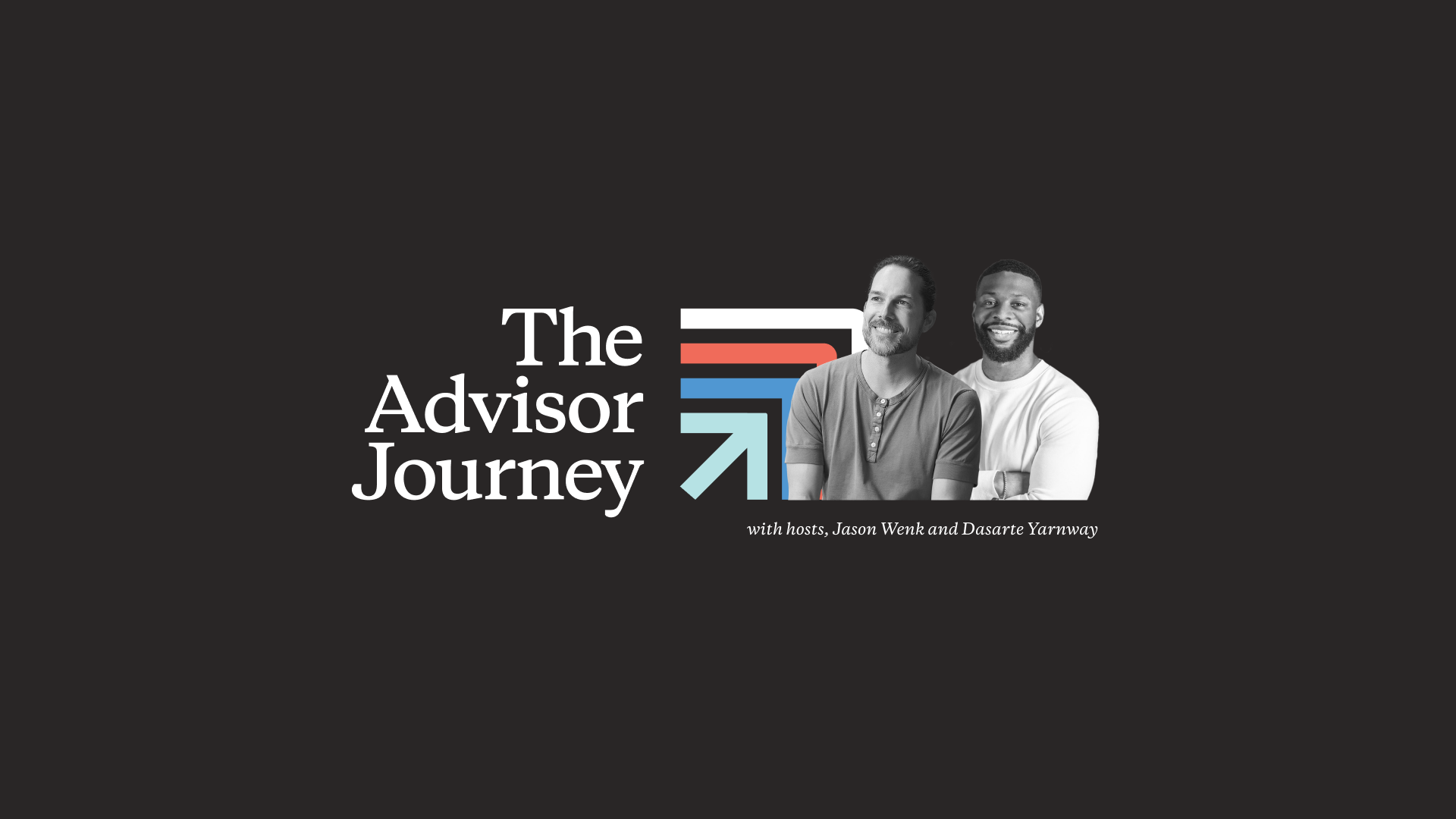Mazi Bahadori is the CCO and EVP of Operations at Altruist. He is a seasoned veteran in financial technology, having previously served as the CCO and Director of Operations for Aspiration. Prior to this, he worked for PIMCO as VP of Legal & Compliance, Morgan Stanley as a financial advisor, and Goldman Sachs as a government affairs associate. Mazi began his career serving as an aide in the U.S. Congress and the White House Counsel’s office. Mazi holds a JD and MBA from Chapman University and a BA in History from UC Berkeley. As a finance executive, Mazi has been responsible for legal, compliance, operations, investor relations, risk management, and cybersecurity functions.
Over the weekend, we witnessed the rapid downfall of Silicon Valley Bank – a company that had earned a reputation as the “Bank for Startups.”
In a nutshell, poorly managed interest rate risk triggered a panic among depositors which led to a bank run that forced SVB’s closure. Fortunately (for depositors, not so much for investors or bondholders) the Fed and Treasury stepped in 1) to provide a backstop, ensuring that depositors would be made whole and 2) created a new Bank Term Funding Policy to help other banks reduce their existing interest rate risk. A much more detailed account can be found on Matt Levine’s great blog, Money Stuff.
In this post I’d like to address three questions:
- Did this impact Altruist?
- Could something like this happen to end clients whose advisors custody assets with Altruist?
- How should clients and advisors think about managing savings (cash or cash equivalents) in a high interest rate environment?
Did this impact Altruist?
No. We maintain multiple banking relationships, with all regulatory capital held securely at BMO Harris and operating capital at JP Morgan. Altruist has a robust balance sheet with no debt.
Could something like this happen to end clients whose advisors custody assets with Altruist?
No. For a variety of reasons.
Per SEC rule 15c3-3, Altruist is legally required to maintain secure accounts and must ensure that clients can withdraw assets at any time. Unlike banks, we’re not permitted to engage in leveraged lending.
We take pride in our proactive approach to risk management. Like Schwab, Fidelity, Pershing, and Apex, we carry excess SIPC insurance (investments are covered up to $150m), and are subject to annual compliance requirements with both FINRA and the SEC.
In addition to those industry best practices, we provide clients with our own Asset Protection Guarantee, ensuring that cash or securities lost due to unauthorized activity are reimbursed so long as a handful of security measures and contact information are maintained (details here).
Specific to cash management, our self-clearing default sweep vehicle utilizes a network of partner banks, which provides clients with $1m in FDIC coverage on cash deposits through our partner banks.
Altruist also has a comprehensive liquidity and risk management program that stress tests our capital position on a daily basis to ensure we satisfy all obligations under any market conditions. And in the very unlikely chance we'd ever need it, we have multiple lines of credit from different credit facilities in the event we experience extreme market stress conditions that will provide any emergency funding.
Emergency lines of credit, daily stress testing, annual compliance requirements with FINRA and the SEC, an asset protection guarantee in addition to excess SIPC coverage are the measures we are committed to taking to secure client assets and provide trust in our role as a custodian.
How should clients and advisors think about managing savings in a high-interest rate environment?
Traditional banking has limits when it comes to cash management. FDIC insurance only guarantees protection on cash deposits up to $250k and while these instances are generally few and far between, banks occasionally mismanage risk to the detriment of their depositors. Further, unless you’re using a High Yield Savings Account, most banks offer dismally low yields on cash.
In a high interest rate environment, where cash can generate an attractive yield, Altruist sees the opportunity to bring cash management and investment management into a singular system – maximizing protection and yield, while layering in guidance from fiduciaries.
Through their financial advisor, clients will be able to access yields on cash, FDIC insurance through our partner banks, and multiple money market and treasury securities.
This presents a win for clients who now have a financial professional optimizing their cash and cash equivalent savings – especially relevant during high interest rate periods – and a win for advisors who can advise more holistically.
We’re incredibly excited about the opportunities we’ll be providing to both advisors and clients through our self-clearing conversion. If you’re interested in learning more about Altruist, we encourage you to get in touch with our team.
Altruist Clearing is a marketing name of Altruist Financial LLC. Altruist and our affiliates did not pay for the above-listed testimonials, but we do earn revenue from financial advisors who use our platform. These customer reviews may not represent the experience of others and aren’t a guarantee of results, but we’d love the opportunity to show you firsthand.
